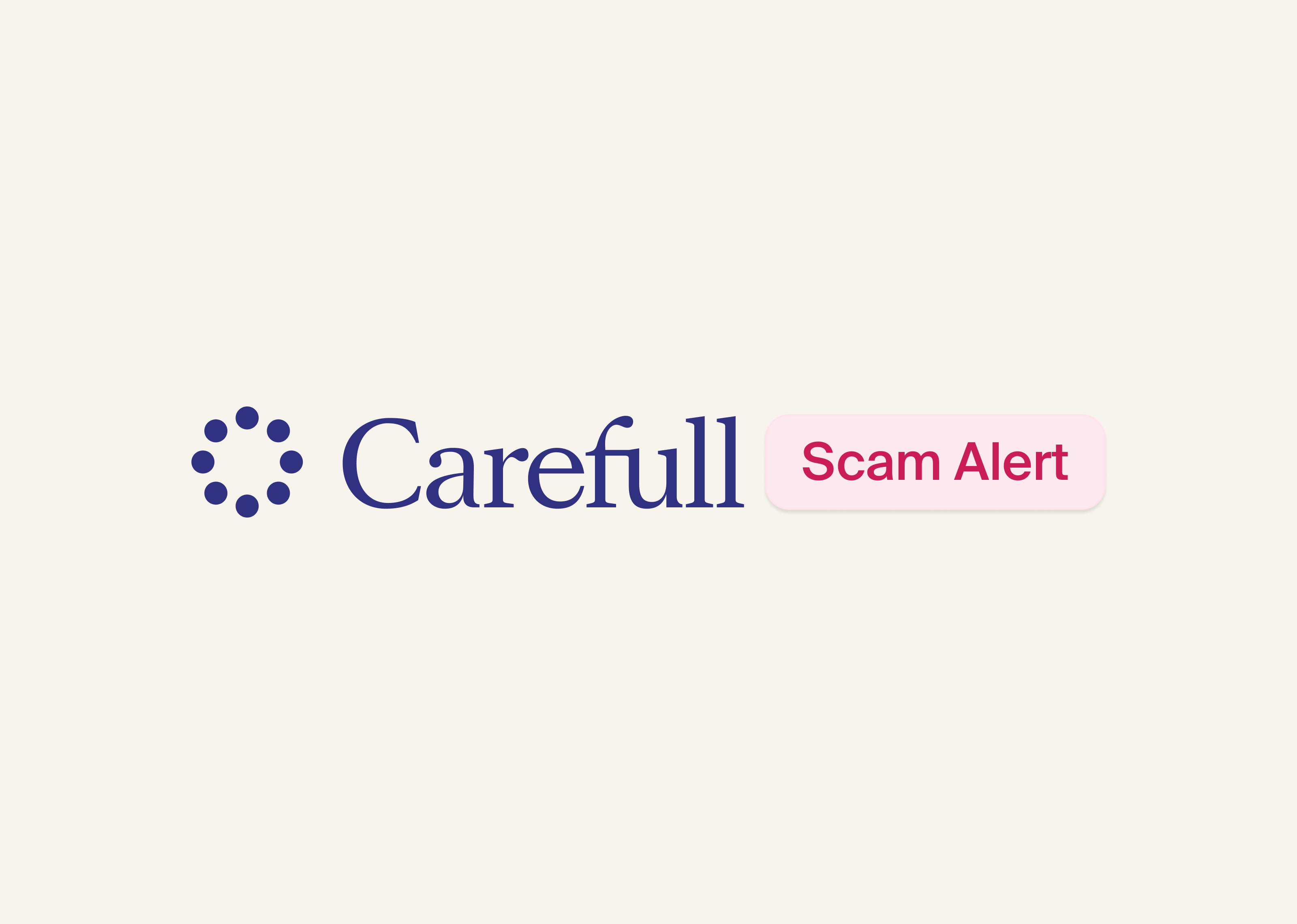Watch Out for Online Hotel Booking Scams

Shopping online for the best deals on hotels is a smart way to save money when you travel. However, you could find yourself losing money if you fall for an online hotel booking scam.
The Better Business Bureau has received multiple reports of travelers who have been tricked into booking hotel rooms on websites that look official but actually aren’t affiliated with any hotels or legitimate travel booking sites. They ended up being charged more than they thought and had no way to cancel their reservations.
Make sure you don’t fall for the online hotel booking trap. Here’s how to spot these scams and what you can do to avoid them.
How hotel booking scams work
Scammers have created websites that look like official hotel sites and travel booking sites. When travelers search online for hotels in cities they plan to visit, these sites pop up in the search results.
Those who click on the links are typically convinced that the sites are real because they feature professional-looking photos of the hotels. And the prices tend to be too good to resist. It’s not until they book a room and their credit card is charged that they realize they have been scammed.
According to BBB, people who have booked hotel rooms through these sites have discovered on their credit card statements that they were charged much more than the advertised price. When they call the hotels directly, they discover that there aren’t any reservations in their names. If they call the company through which they booked rooms, they either don’t get an answer or are told that they made a nonrefundable reservation, according to BBB reports.
[ See: That Celebrity-Endorsed Product Could Be a Scam ]
How to avoid hotel booking scams
Don’t get carried away in your quest to find a good deal on a hotel room. Exercise caution by taking these steps to avoid fake booking sites.
Be careful when searching online. Avoid using broad search terms, such as “hotel deals” or “cheapest hotel rates.” This is more likely to generate sponsored results for questionable sites. Before clicking on those results, pay attention to whether it’s identified as an ad or sponsored result. Better yet, use the smarter search strategies below.
Book directly with hotels. Rather than chance landing on a fake site, go directly to hotel websites (check and double check that the url is correct, and make sure there is https in the url). Choose a few brands you’re familiar with and compare their prices. If there’s one hotel chain you prefer, sign up for its loyalty program to get points toward free stays.
Use reputable third-party hotel booking sites. Travel aggregator sites make it easy to compare prices at several hotels. However, make sure that you’re using a reputable site, such as Booking.com, Hotels.com, Expedia and Priceline. Even then, consider booking directly with the hotel with the best rate in your search results rather than through the travel booking site to avoid any surprises.
Research hotels and booking sites. Before making a hotel reservation, visit BBB.org to see ratings, read reviews and check out consumer complaints about the hotel or travel site. You also could search online for the name of the hotel or travel site and the words “reviews” or “complaints.”
Read the fine print. Before handing over your credit card information and finalizing your reservation, make sure you know what the hotel or booking site’s cancellation and refund policies are. Find out whether you will be charged in full up front, at check in or check out and whether there are any fees associated with your booking.
Call the hotel to confirm your reservation. A couple of weeks before your stay, contact the hotel to confirm your reservation, the rate you’ll be charged and check-in details. This will ensure you have a place to stay and, if not, time to make new arrangements.
Sign up for account monitoring. Rather than wait for your monthly credit card statement to arrive, sign up for an account monitoring service to alert you to transactions when they occur. The Carefull service provides 24/7 monitoring of bank, credit card and investment accounts and alerts you to unusual transactions, as well as common money mistakes, so you can act quickly to prevent fraud.
Try Carefull for free for 30 days.

3 Steps to Safer Money,
Try it Free for 30 Days
Step 1
Start your free,
no-risk trial
Step 2
Connect the accounts and cards you want protected
Step 3
Stay alerted to any
unusual activity



.png)



